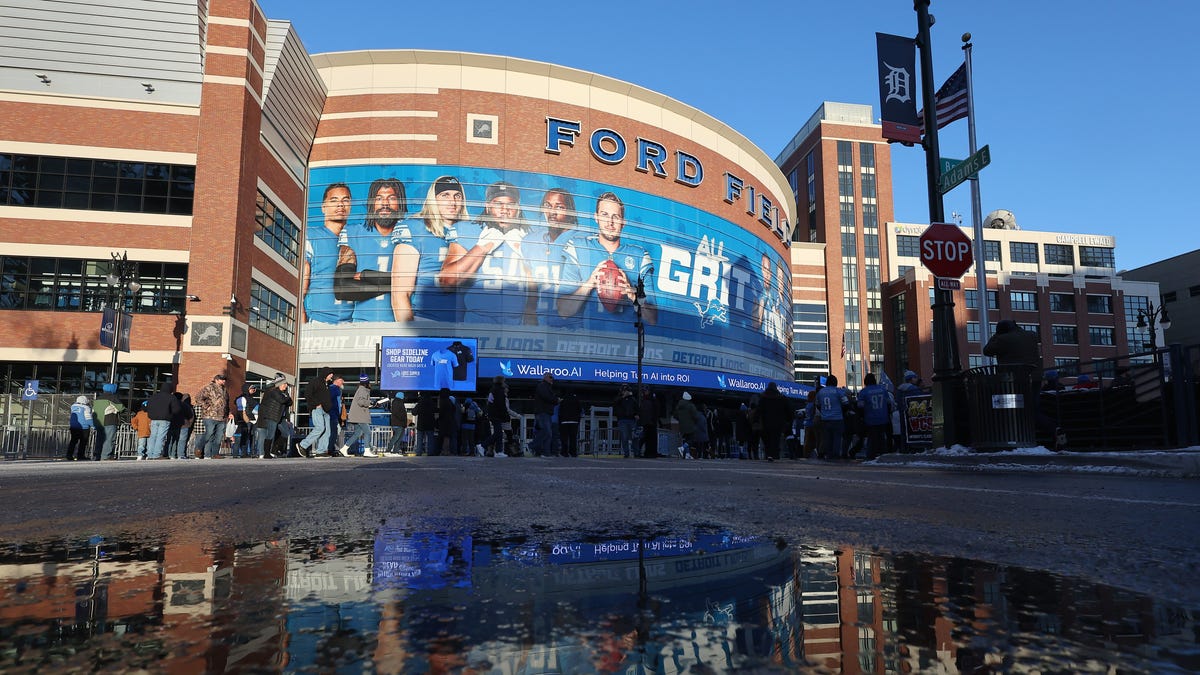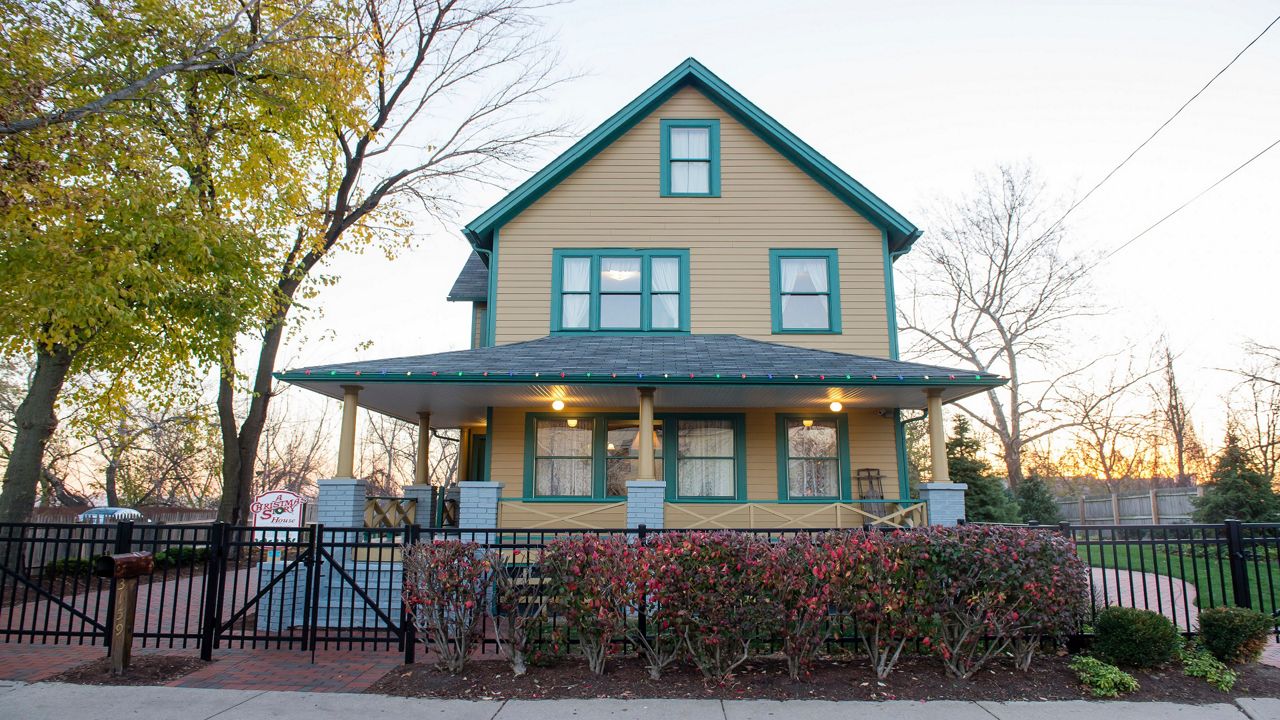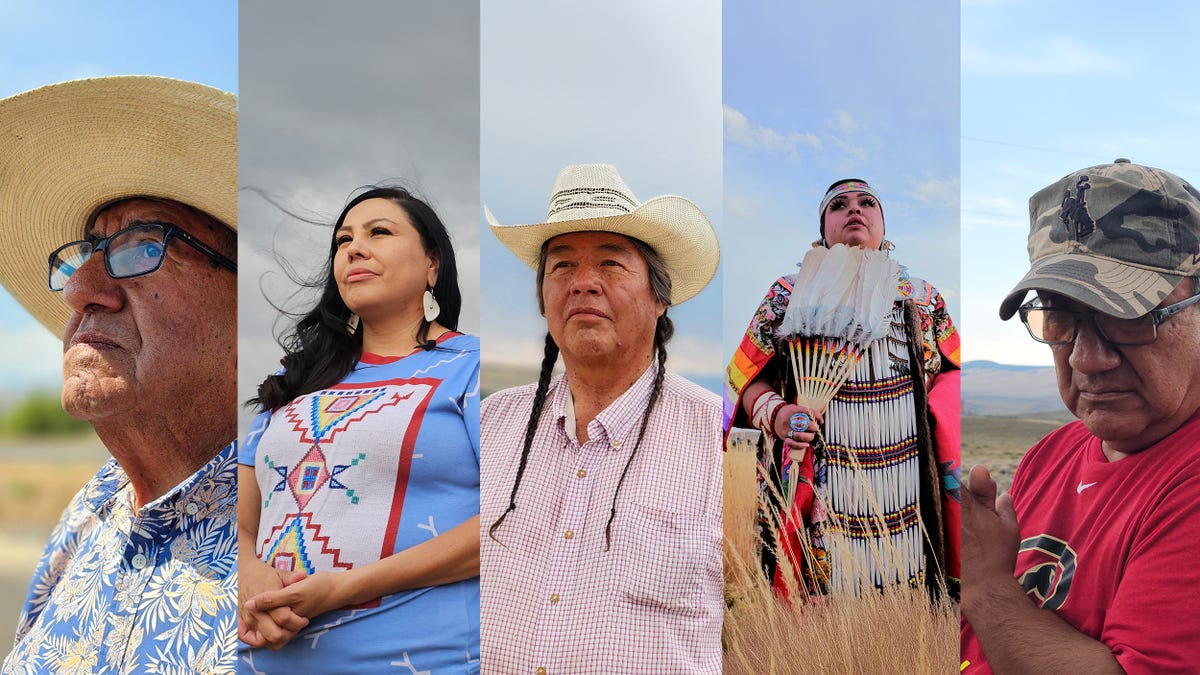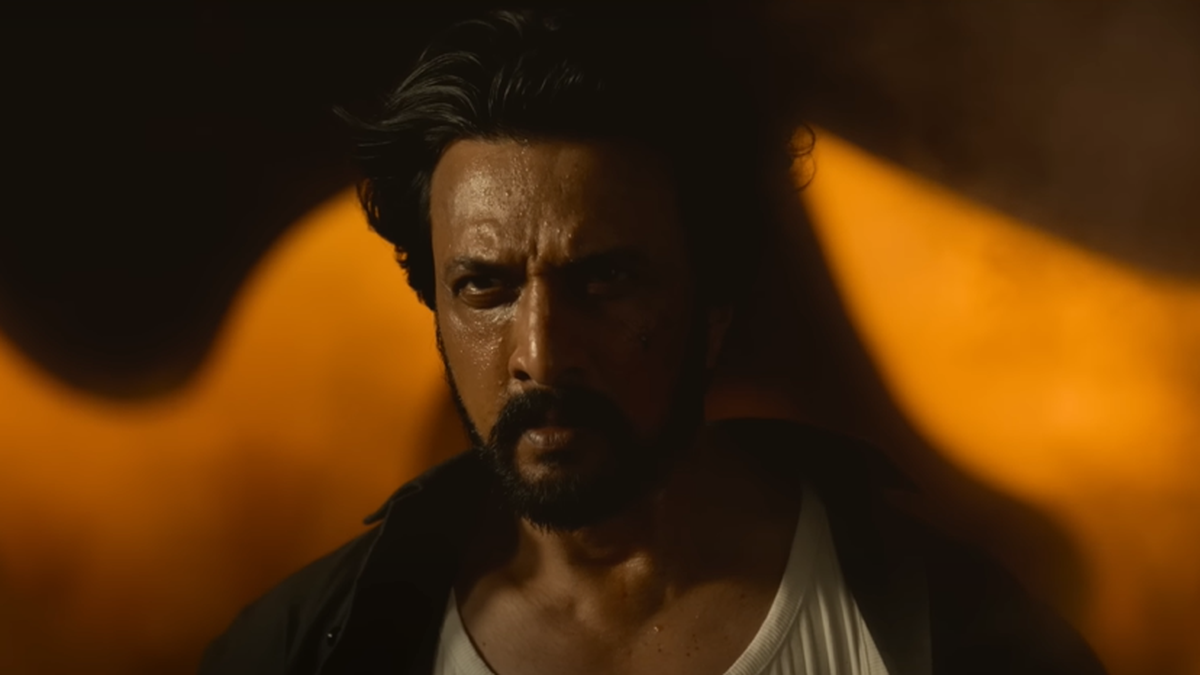Inspector Arjun Mahakshay a.k.a Max takes charge unofficially a day before his suspension ends. A huge blunder inside the station puts Max against powerful men, who come for his life. As he is faced with the improbable task of saving his colleagues and coming out unscathed from the problem, the daring cop pauses to prepare a cup of tea.
Director Vijay Kartikeyaa’s debut project is driven by a protagonist who keeps you guessing about his next move. Even if Max aims to provide unhinged ‘masala’ entertainment, the movie’s leading man isn’t a one-note character. Since the events unfold during one night, and he has limited time to cross a series of hurdles, Max puts his sharp brain to quick use. And once he enters the risky zone of facing the criminals head-on, he unleashes the beast inside him.
Max (Kannada)
Director: Vijay Kartikeyaa
Cast: Sudeep, Varalaxmi Sarathkumar, Ilavarasu, Uggram Manju
Runtime: 132 minutes
Storyline: A day before reporting for duty after a two-month suspension, inspector Arjun Mahakshay faces an unexpected situation. Can he save the day?
Max is a celebration of Sudeep, who oozes style in his aggressive portrayal of an all-conquering officer. If you saw him as a subdued yet classy cop carrying a deep pain within him in Vikrant Rona (2022), Sudeep cuts loose in Max to cater to his fans, who were hungry for ‘mass’ moments involving their favourite star.
The one-man show is great fun to watch to an extent. Director Vijay scripts an old-school world where the hero emerges as the ultimate saviour of distressed people. However, as a whole, Max leaves you wanting more as you expect the protagonist to face the heat of a mighty antagonist.
Sunil, essaying the main villain, is undone by a toothless character. Varalaxmi Sarathkumar’s character of a cop with a negative shade shows promise early on but gets fizzled out eventually as she fails to make any difference to the plot. Right from the beginning, it’s apparent that both the characters are bracing for an inevitable onslaught from Max.
It’s also quite shocking how Max has an almost incompetent team. When they aren’t blindly following the instructions from Max, the junior-level officers are scared and clueless. Ilavarasu, playing an experienced officer, delivers a measured performance. The rest of the cast, including Uggram Manju, Samyuktha Hornad, Sukrutha Wagale and Vijay Chendur, are too loud in their respective portrayals.
One can’t blame the actors as their characters are designed to artificially amp up the tension. With a highly dramatic plot in hand, the director’s decision to showcase stronger emotions than what’s necessary dents the film.
ALSO READ:‘UI’ movie review: Upendra’s political commentary is a one-of-a-kind experience despite its flaws
The core idea of Max might remind you of Lokesh Kanagaraj’s Kaithi (2019). With so much happening in a short span of time, it’s tough to emotionally invest in the proceedings. On the other hand, Max’s racy screenplay keeps you curious about the events on screen. A superb fusion of Chethan D Souza’s action choreography and Ajaneesh Lokanath’s ensures an adrenaline-pumping experience.
Max is a star vehicle with admirable experiments from the makers. With Vikrant Rona and Max, Sudeep has deviated from traditional commercial films. The big stars of Kannada cinema are seeking change, and that’s a good sign.
Max is currently running in theatres.
Published – December 25, 2024 05:18 pm IST




























/cdn.vox-cdn.com/uploads/chorus_asset/file/24924653/236780_Google_AntiTrust_Trial_Custom_Art_CVirginia__0003_1.png)





/cdn.vox-cdn.com/uploads/chorus_asset/file/25672934/Metaphor_Key_Art_Horizontal.png)
